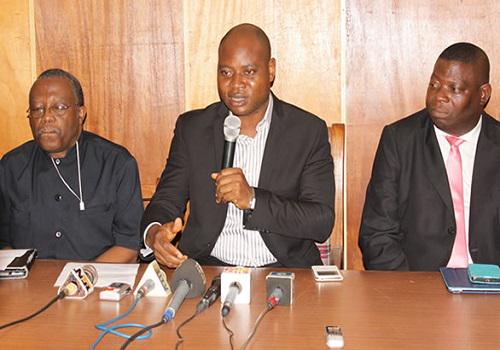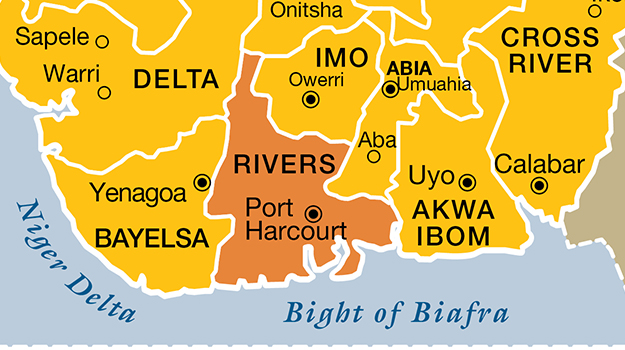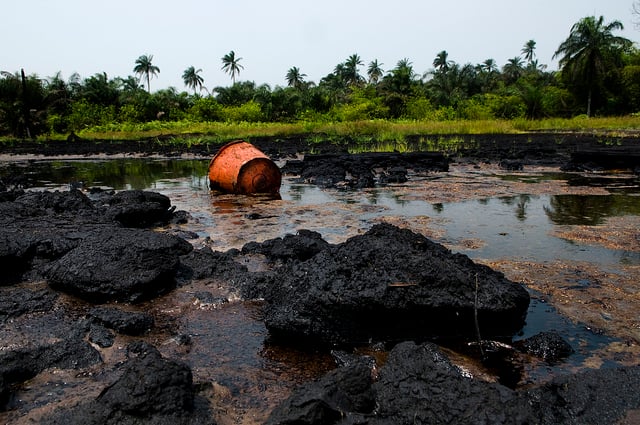The Ondo state government says the strange disease that has killed about 20 people in Ode-Irele, Irele local government area of the state, since its outbreak on April 15, is not contagious.
Dayo Adeyanju, (pictured middle) the commissioner for health in the state, made this assurance during a news conference in Akure on Sunday.
He said findings from post-mortem carried out on the victims and other laboratory tests revealed that the disease was neither epidemic nor contagious.
Adeyanju said preliminary report shows that ethanol poison is found in the systems of all the victims.
Advertisement
“Our investigations revealed that the victims, who are commercial motorcyclists, gathered at some local joints to take alcoholic substance mixed with roots and some other local herbs on the eve of the outbreak of the disease,” he said.
“I can assure you that the disease is in no way contagious. The fact that none of the caregivers has contracted the disease has greatly underscored this point.
“Therefore, the fear of spread does not arise and should be discouraged.
Advertisement
“We strongly suspect ethanol poison and in view of this, we have ordered for another toxicology test for surviving victims.”
He said there had been no report of new cases in the last three days, explaining that 23 people have been affected so far out of which 18 have died.
Adeyanju disclosed that the five survivors, who have currently gone blind, had been referred to the University Teaching Hospital, Ibadan, for further examination and monitoring.
However, he insisted that he would not join issues with traditionalists who believe that the outbreak of the disease is a fall-out of the anger from gods whose shrines were looted by some youths.
Advertisement
The commissioner said that the dead would be buried in body bags to curtail the spread of the disease.
In an interview with NAN, Moses Enimade, a high chief and the Oyewoga of Ode Irele, blamed the death on some youths who committed acts of sacrilege against Molokun, god of the land – rather than any disease.
“Molokun is a deity of the land, only the Chief Priest and High Chief Gboguron are qualified to enter the shrine,” he said.
“The youths entered the shrine and made away with traditional items in a bid to acquire extraordinary powers and engage in money ritual. They were not qualified to enter the room (shrine). They had to face death penalty.”
Advertisement
Add a comment







